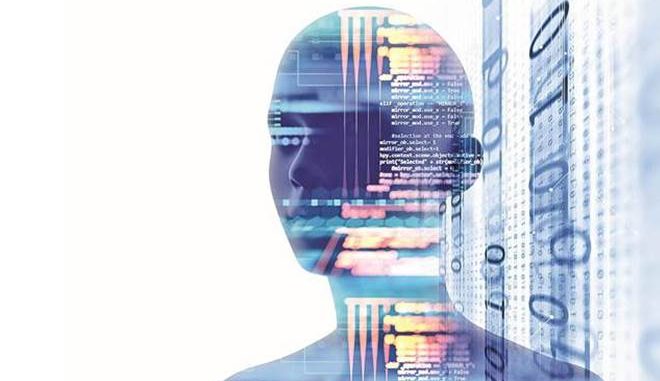
By Nishant Arora
While the Artificial Intelligence (AI) technology is making its presence felt across the spectrum globally, India needs to prioritise AI-based predictive analysis to improve outcomes in three core areas — agriculture, healthcare and education, a top Microsoft executive has emphasised.
The initial results in India are promising and if deployed at big scale, AI-based models can help farmers, doctors and educators keep building success stories, Joseph Sirosh, Corporate Vice President of Cloud AI Platform at Microsoft, told IANS here.
“For example, AI can help us foresee signs of a student being at risk of dropping out. We have done first such experiment in Andhra Pradesh involving thousands of students,” Sirosh informed.
In 2017, the Andhra Pradesh government expanded the rollout of the experiment to all 13 districts in the state.
In Visakhapatnam district, an application powered by Azure Cloud Machine Learning (ML) processed the data pertaining to all students — based on parameters such as gender, socio-economic demographics, academic performance, school infrastructure and teacher skills — to find predictive patterns.
The results showed that some of the factors leading to students dropping out were insufficient furniture, inadequate toilet infrastructure, etc.
Based on these results, the state government identified about 19,500 probable dropouts from government schools in Visakhapatnam district in the next academic year (2018-19).
“Not just India, AI-based predictive analysis has also helped Tacoma School District here in Washington state improve graduation rate from under 60 per cent to over 83 per cent by managing dropouts,” Sirosh noted.
When it comes to agriculture, Microsoft, in collaboration with the non-profit International Crop Research Institute for the Semi-Arid Tropics (ICRISAT), has developed an AI-sowing app for farmers in India.
The tech giant is using AI and historic weather data to predict the best time for sowing seeds and other stages of the farming process, and pass on that information to farmers via SMS.
“We have done some amazing work, like informing farmers when to sow crops, what is the best time to plant crops during the year, etc. The result is 30 per cent more yield,” Sirosh told IANS.
The farmers do not need to install any sensors in their fields or incur any capital expenditure. All they need is a mobile phone capable of receiving text messages.
To determine the optimal sowing period, the Moisture Adequacy Index (MAI) is calculated. MAI is the standardised measure used for assessing the degree of adequacy of rainfall and soil moisture to meet the potential water requirement of crops.
The data then is downscaled to build predictability and guide farmers to pick the ideal sowing week.
According to Microsoft, ICRISAT has scaled sowing insights in 2018 to 4,000 farmers across Andhra Pradesh and Karnataka for the Kharif crop cycle (rainy season).
“We have made AI-based applications very simple for common people to comprehend. They don’t need to be tech-sophisticated. We have simplified the technology for the end-users,” Sirosh added.
The company has also developed a multi-variate agricultural commodity price forecasting model to predict future commodity arrival and the corresponding prices.
The model uses remote sensing data from geostationary satellite images to predict crop yields through every stage of farming.
According to the company, the model, currently being used to predict the prices of “tur” pulse, is scalable and can be generalised to other regions and crops.
On the health front, the Telangana government has adopted Microsoft Intelligent Network for Eyecare (MINE), which was developed in partnership with Hyderabad-based LV Prasad Eye Institute.
MINE uses ML and advanced analytics to predict regression rates for eye operations, enabling doctors to pinpoint the procedures needed to prevent and treat visual impairments.
“Under the MINE global consortium, we have built AI models that are very accurate for eyecare, especially for children,” Sirosh said.
The Telangana government is using Microsoft’s Cloud-based advanced analytics solution to screen children from birth to 18 years of age for major conditions affecting their health.
“We are also working hard to improve citizen services in India by creating user-friendly application programming interfaces (APIs) for enhanced speech recognition and translation solutions,” Sirosh added.
People are just starting to understand the power of AI-enabled Cloud in India.
“Our partners like TCS, Wipro, Infosys, Cognizant and Accenture are leaning in and adopting AI. These are exciting times for AI and its real adoption in the country,” Sirosh said.
Source: The Quint

Leave a Reply